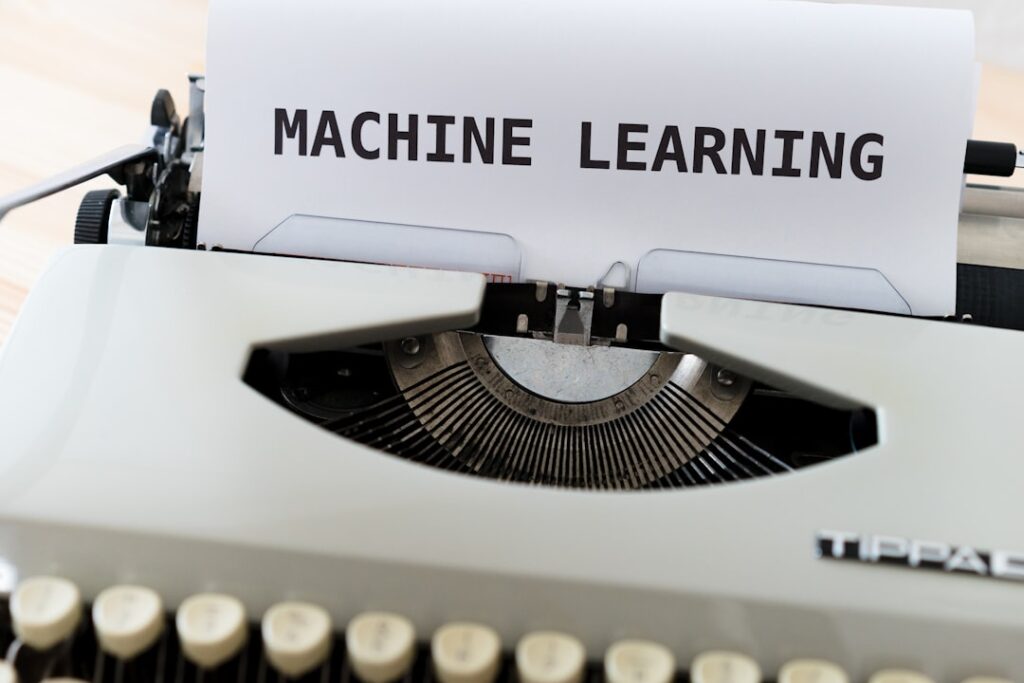Top Machine Learning Frameworks: Empowering AI Tools for Tomorrow
In the rapidly evolving landscape of artificial intelligence, choosing the right tools for developing machine learning models is crucial. With numerous options available, identifying the top machine learning frameworks becomes essential for both seasoned developers and newcomers in AI. This article explores the most popular frameworks that empower the creation of sophisticated AI tools, highlighting their features, advantages, and ideal use cases.
Understanding Machine Learning Frameworks
Machine learning frameworks are software libraries that streamline the processes involved in developing, training, and deploying machine learning models. These frameworks provide a set of functionalities ranging from data handling to model optimization, allowing developers to focus on building robust AI tools without delving deeply into the underlying mathematics.
Benefits of Using Machine Learning Frameworks
- Efficiency: Frameworks significantly reduce the time required to develop machine learning models.
- Scalability: They provide tools to build algorithms that can scale with increasing data sizes.
- Community Support: Most popular frameworks have large communities offering documentation, tutorials, and forums for assistance.
Top Machine Learning Frameworks
Here are some of the top machine learning frameworks widely utilized in the industry:
TensorFlow
Developed by Google, TensorFlow is one of the most popular frameworks for machine learning. Its flexible architecture allows users to deploy computation across various platforms, from mobile devices to large-scale distributed systems.
- Features: TensorFlow offers high-level APIs such as Keras, making it easier for beginners.
- Use Cases: Image recognition, natural language processing, and various AI-related tasks.
PyTorch
Backed by Facebook, PyTorch is known for its ease of use and simplicity, particularly in the research community. Its dynamic computation graph allows for intuitive model building.
- Features: Strong support for GPU acceleration and a rich ecosystem of libraries.
- Use Cases: Research and production applications, especially in academia.
Scikit-learn
Scikit-learn is a Python-based framework ideal for beginners and seasoned professionals. It provides a wide range of tools for data mining and data analysis.
- Features: User-friendly interface and integration with NumPy and SciPy.
- Use Cases: Classical machine learning tasks like classification, regression, and clustering.
Keras
Keras is an open-source neural network library written in Python that runs on top of TensorFlow. It is designed for fast experimentation with deep neural networks.
- Features: Simplified API, ease of use, and support for convolutional and recurrent neural networks.
- Use Cases: Fast prototyping of machine learning models.
XGBoost
XGBoost is particularly effective for structured or tabular data. It is known for its performance and speed in classification and regression tasks.
- Features: Regularization techniques and optimized gradient boosting.
- Use Cases: Kaggle competitions and scenarios requiring high accuracy.
Choosing the Right Framework
Selecting the right machine learning framework depends on various factors, including the specific requirements of your project, your level of expertise, and the desired outcome. Here are some considerations:
- Complexity of Tasks: For deep learning tasks, TensorFlow or PyTorch might be preferable, while Scikit-learn is suitable for simpler tasks.
- Community and Support: Opt for frameworks with a strong community for better support and resources.
- Integration: Consider frameworks that integrate well with other tools and platforms you are already using.
Conclusion
The world of machine learning is vast and continually advancing, making it essential to keep abreast of the top machine learning frameworks available today. By leveraging these frameworks, developers can create powerful AI tools that foster innovation across industries. Regardless of your proficiency level, choosing the right framework can significantly impact the development process and the quality of the machine learning models produced.
Understanding the Importance of Top Machine Learning Frameworks
In the realm of artificial intelligence, the choice of framework can significantly impact both the development process and the end results of machine learning projects. The top machine learning frameworks are designed to streamline workflows, enhance model performance, and provide robust tools for data manipulation, making them indispensable assets for data scientists and researchers.
Popular Top Machine Learning Frameworks
Several frameworks have gained popularity due to their comprehensive features and community support. Among them, TensorFlow stands out for its flexibility and scalability, making it ideal for both beginners and experienced developers. PyTorch has also become a favorite thanks to its dynamic computation graph, which allows for more intuitive model building. Additionally, Scikit-learn provides essential tools for classical machine learning, emphasizing simplicity and ease of use.
Choosing the Right Framework for Your AI Project
When selecting from the top machine learning frameworks, it’s crucial to consider the specific requirements of your AI project. Factors like the size of the dataset, the complexity of the tasks, and the required deployment flexibility all influence the choice of the framework. For instance, TensorFlow is often preferred for deep learning models that require extensive training resources, while Scikit-learn is commonly used for smaller datasets with straightforward tasks.
Community and Support for Top Frameworks
The strength of the community surrounding a framework can also be a deciding factor. Frameworks like TensorFlow and PyTorch have extensive documentation, forums, and online courses that cater to all expertise levels. This support ecosystem not only aids in troubleshooting but also assists in keeping up with the latest advancements in machine learning technology, making these top machine learning frameworks a sound investment for developers keen on staying at the forefront of AI innovation.


